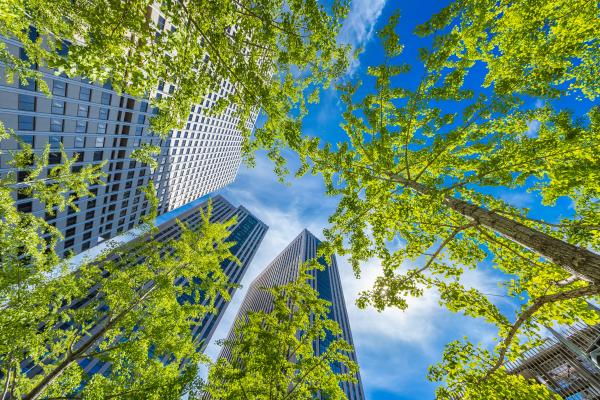
While cities are often depicted as inanimate and cold, made of concrete and steel, this course examines cities as lively, interconnected spaces. Rather than separating nature from urban spaces, this interdisciplinary course looks at how cities around the world are produced through socio-ecological processes, and how certain forms of nature are produced within the city. Cities depend on and foster diverse forms of life and communities that are often unexamined or remain in the background, yet are integral both for urban life as well as for the functioning of the global economy. Drawing from human geography, science and technology studies (STS), urban political ecology and urban studies, we will study cities as productive, creative and convivial spaces, as well as destructive spaces that can restrict life (both human and non-human). Themes that thread through these topics are questions of power and inequality; cities of the Global South and North and nature in postcolonial cities; the interdependence of life in cities; and the role of cities in both local environments and the global economy. The course will draw from ethnographies and documentaries of nature in the city to explore the complexities of urban natures and intertwined urban lives, with the option of a creative final assessment.
